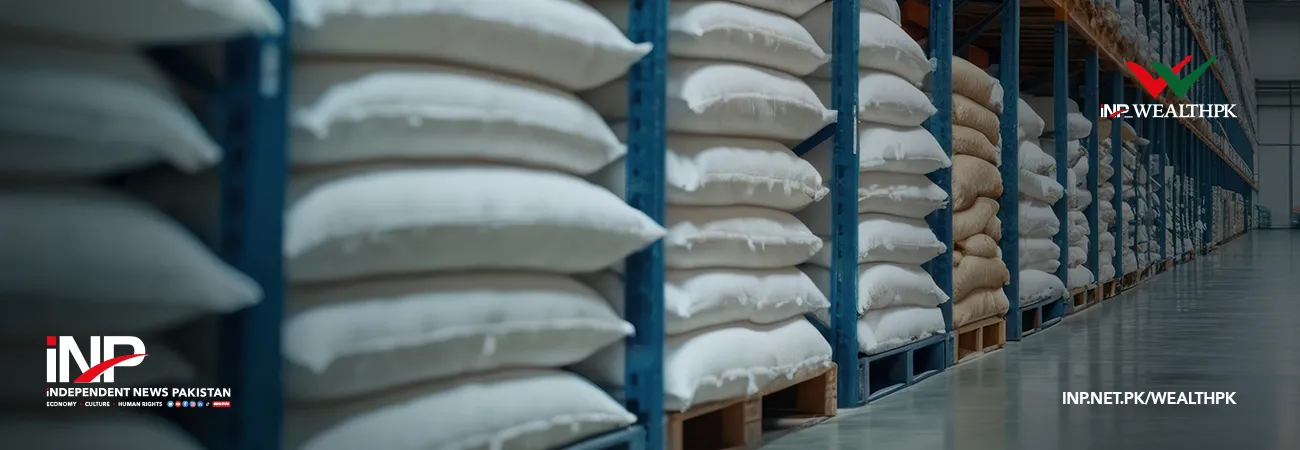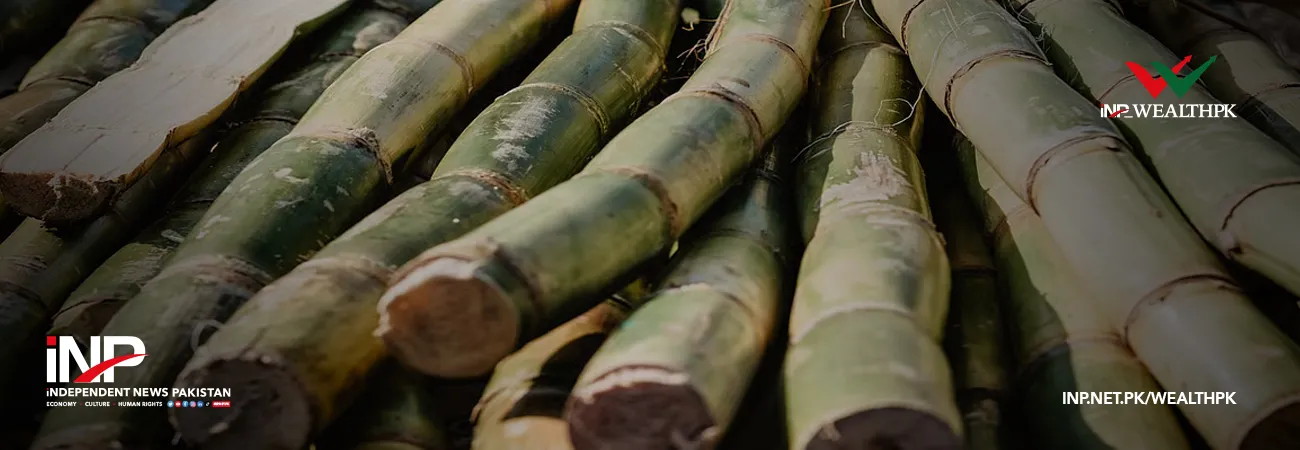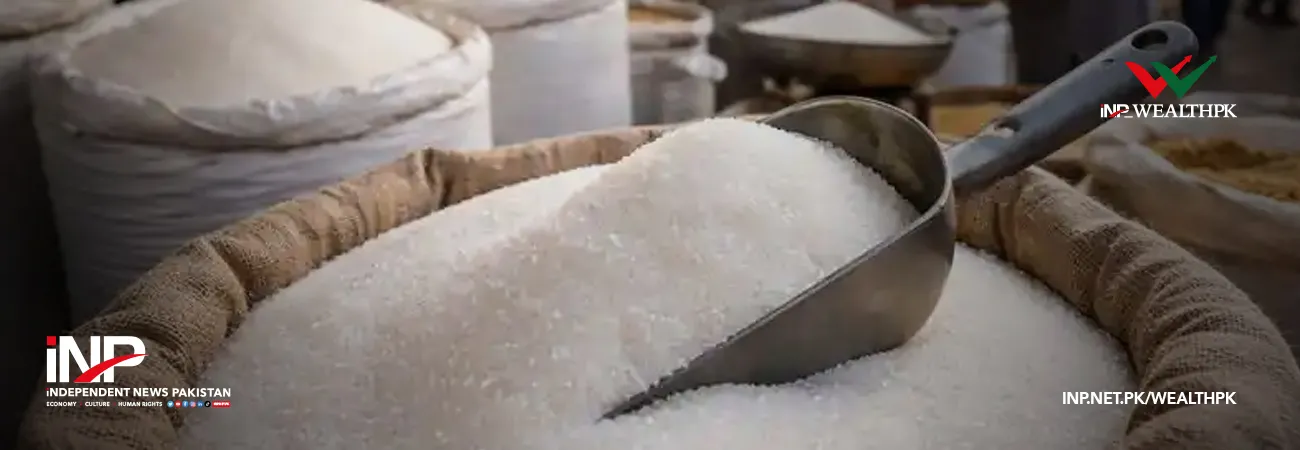INP-WealthPk
By Hamid Mahmood ISLAMABAD, Nov 01 (INP-WealthPK): The Agriculture Transformation Plan, introduced by the government in 2020, is a ground-breaking programme aimed at transforming traditional agricultural production into commercial production. This initiative will help provinces improve the machinery provided under the National Agriculture Emergency Projects (NAEP) in order to maximise distribution of agricultural implements among the farmers. In order to ensure flawless implementation of the transformation plan, the government wants to empower the farmers through the Kisan Card and Kisan Portal, in line with Prime Minister Imran Khan’s vision of "Farmers are the real strength of Pakistan.” This vision gives top priority to the farmers and agricultural development. The Punjab government has given Kisan Cards to the small farmers owning up to 12 acres of land, in order to help them with different subsidy packages and other government initiatives. The project objective is to compile the recipient's information so that necessary interventions may be implemented in an efficient and transparent manner. The Punjab Information Technology Board (PITB) has created a digital platform and issued user logins to all district administrations so that they may submit information about the farmers in their jurisdictions. Demographics, contact information, crop and landholding patterns, livestock, and irrigation system data have all been added to the system. Under the Pakistan Citizen Portal, the government has also created the Kisan Portal to provide social assistance to the small farmers who account for more than 90% of farmers but are not heard by the government authorities. Under the Kisan Portal, a total of 123 dashboards have been established at the federal and provincial levels to assist the farmers with their most pressing concerns. The farmers are directly involved in the agriculture transformation plan, and if they are empowered and strengthened, the output will definitely grow leading to reduced food imports. Pakistan has about 220 million acres of arable land, yet only 55 million acres are farmed. According to Special Assistant to the Prime Minister on Food Security Jamshed Iqbal Cheema (SAPM), the government plans to cultivate all of the grey land and grow high-value crops. This project will provide additional revenue to the agricultural communities, allowing them to improve their living conditions and alleviate poverty in the rural regions. To combat inflation through imports, the government has focused on cultivating all agricultural lands countrywide. Pakistan's import bill climbed by 53% in one year. Imported wheat, sugar, beans and palm oil put additional pressure on the currency. The following table shows an increase in import of almost all the goods. In total, agricultural imports increased by 39.42% in the first quarter of the Financial Year 2021 compared to the same period of last year. Graphically, palm oil jumped high compared to the last year quarter. The agriculture transformation plan has definitely reduced imports, enabling Pakistan to meet its food demands on its own. Imported Agriculture Commodities Comparison (Thousand US Dollar)
| Commodities | July -Sep 2021 | July -Sep 2020 |
| Wheat | 99384 | 101834 |
| Dry Fruits | 10909 | 14677 |
| Tea | 151136 | 141962 |
| Spices | 69726 | 49772 |
| Soyabean Oil | 21263 | 46841 |
| Palm Oil | 891156 | 579008 |
| Sugar | 91497 | 13194 |
| Pulses | 223693 | 135300 |
| Other food items | 771514 | 588753 |
 Source: PBS
The Khyber Pakhtunkhwa and Gilgit-Baltistan governments have also attempted to follow the Chinese model of agriculture to increase production of high-value commodities like vegetables, fruits, beans, potatoes and tea rather than the conventional ones.
Agriculture industry is inextricably linked to food security and economic growth in other industries. The government has prioritized sustainable expansion of the agriculture sector and put in place the best policies to achieve the desired goal. By empowering the farmers, the government hopes to boost agricultural production and exports.
Source: PBS
The Khyber Pakhtunkhwa and Gilgit-Baltistan governments have also attempted to follow the Chinese model of agriculture to increase production of high-value commodities like vegetables, fruits, beans, potatoes and tea rather than the conventional ones.
Agriculture industry is inextricably linked to food security and economic growth in other industries. The government has prioritized sustainable expansion of the agriculture sector and put in place the best policies to achieve the desired goal. By empowering the farmers, the government hopes to boost agricultural production and exports.












